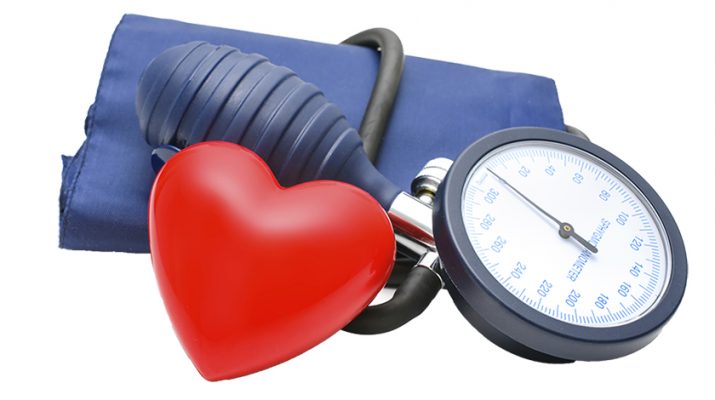By Kim Bagley
Long-term untreated high blood pressure or hypertension will cause damage to organs such as your heart and kidneys. Generally speaking the American College of Cardiology agrees that hypertension is a blood pressure reading above 130/80 on a consistent basis.
Everyone should periodically check their blood pressure. This can be done at your local pharmacy or grocery store. Most of these machines are regularly calibrated and accurate. If possible I do recommend using the same blood pressure machine. If you are thinking of purchasing your own electronic blood pressure cuff, there are many good machines on the market. I usually recommend an arm cuff versus a wrist cuff. Omron is the brand I recommend.
When checking your blood pressure:
• Sit and relax for about five minutes prior to checking
• Both feet should be flat on the floor. Avoid smoking and caffeine 30 minutes prior to checking.
• Record readings. Goal is to average your readings obtained on different occasions to estimate your individual blood pressure levels.
• If you note your blood pressure is consistently above 130/80, please let your physician know on your next follow-up appointment. Remember blood pressures do fluctuate and many external factors can cause a temporary rise in blood pressure.
Initial treatment recommendations include lifestyle changes which can decrease your blood pressure by approximately 4 to 11 mm HG. These include decreasing salt intake and regular aerobic physical activity. For approximately every 1-2 pounds weight lost your blood pressure will drop by 1-2 mm HG. For weight loss I generally recommend a more plant-based diet with less meat and less processed foods.
These measures should be started in conjunction with close follow up with your doctors and, if needed, along with initiation of medication to help control your elevated blood pressure.
Kim Bagley is a nurse practitioner at University of Rochester cardiology division at Clinton Crossings.

